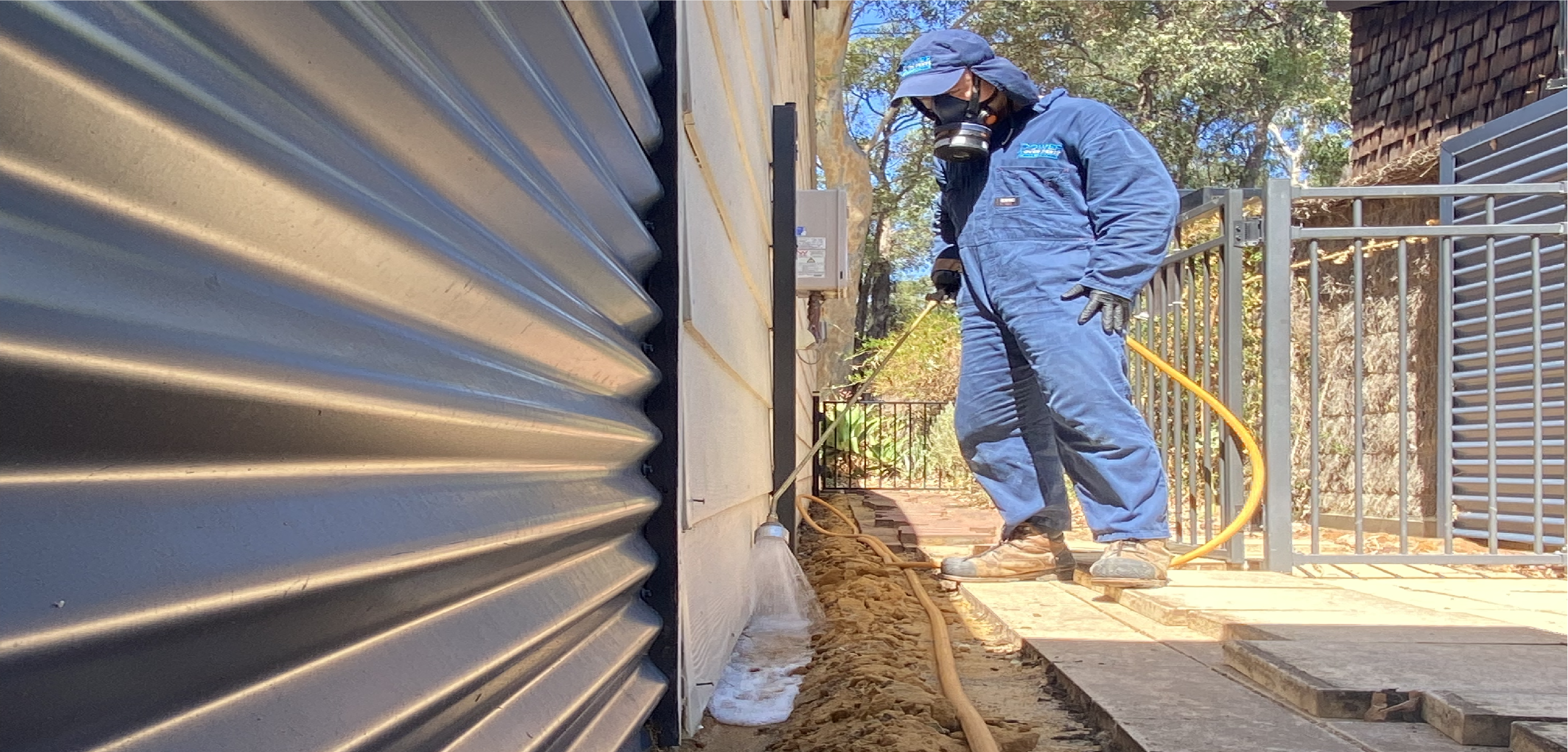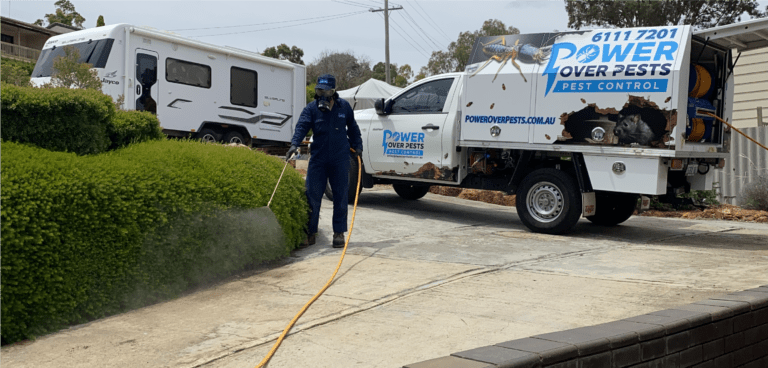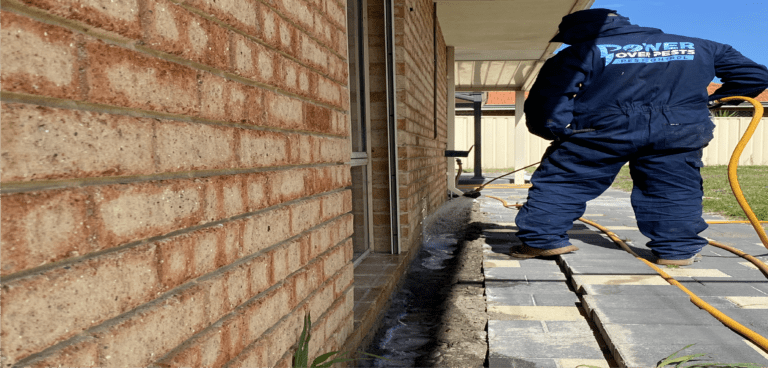Termites are a homeowner’s worst nightmare. They devour whatever wood they encounter, whether it’s an old tree or the very structure of your home! Because they leave a thin veneer as they create wood tunnels, termites can be difficult to detect. By the time you notice them, they could have caused thousands of dollars in damage.
There are a few ways termites can arrive in your home. Some types of termites fly in as a swarm and enter from above. Subterranean termites build tunnels and enter your home through the foundation. Formosan termites are a particularly aggressive subspecies of subterranean termites and cause the most damage.
But don’t worry! There are steps you can take to make your home unattractive to termites. Read on to educate yourself on the main causes of termites in the home.
Wood Contact
Termites survive by consuming wood. Certain types of termites—namely, subterranean termites—also use wood as a “link” when they travel. Because of this, it’s important to ensure minimal wood in contact with the foundation of your home. Move piles of firewood and be vigilant about maintaining landscaping like mulch and shrubs. Additionally, don’t let overhanging tree branches touch your roof. If you have an old tree stump in your yard that you’ve been trying to ignore, it’s time to get rid of it.
Cardboard
It’s not just wood that termites love. They’ll consume anything containing cellulose. Cardboard is a common culprit among infestations because it’s often left untouched for long periods of time. If you are storing items in your garage or attic, consider opting for plastic containers rather than cardboard.
Cracks and Openings
As with most pests, cracks in your home’s foundation are an invitation for termites to enter. Even if there’s no wood in contact with your home, termites have other means of moving. Termite colonies of all species include swarmers, which can fly. And subterranean termites are able to build mud tunnels to travel from the ground and into your home.
Moisture
Moisture is one of the main causes of termites in the home. Termites thrive in moist environments—in fact, they need it to survive. Don’t give it to them! If you notice any standing water around your home, attend to it immediately. Keep all drains and gutters clear and maintained. Plumbing leaks and poor ventilation could create a moist environment as well.
Perth’s Hot and Wet Climate
Sometimes, it all comes down to geography. Perth enjoys a beautiful Mediterranean climate with hot, dry summers and cool, wet winters. Unfortunately, this creates the perfect conditions for termites. Western Australia is home to millions of them. Still, don’t feel singled out. Termites exist virtually everywhere aside from Antarctica and arctic regions.
Be Proactive with Termite Prevention through Power Over Pests
If you live in a termite-prone climate, it’s a good idea to take proactive measures toward termite prevention. Most residents in the Perth area opt for a protective termite barrier that needs to be maintained every five years or so. Power Over Pests provides termite prevention and termite control services in the Perth area, using the safest methods possible.


